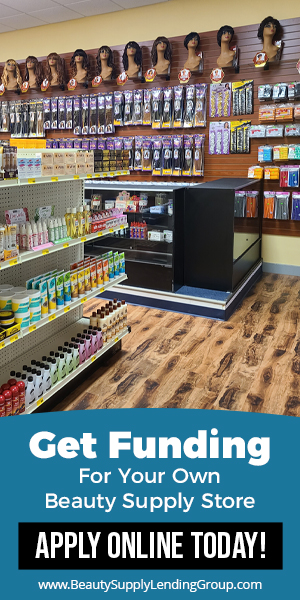All over the nation, small businesses, including Black-owned ones, are battling to catch some relief from challenging operating conditions. Small businesses face a range of new obstacles like retaining customers as prices to buy goods skyrocket and finding and keeping workers in a highly competitive job market.
These draining forces come as a large number of businesses that managed to stay open attempt to rebound from the dire impact of the COVID-19 pandemic that struck two years ago. To make matters worse, many entrepreneurs now fear that the Federal Reserve’s recent actions to boost interest rates could reduce consumer spending and traffic activity as borrowing costs rise.
Recent reports display a dreary outlook. For instance, the June NFIB Small Business Optimism Index showed that small business owners expecting better business conditions over the next six months fell to a negative 61%, an all-time low for the 48-year survey.
NFIB Chief Economist Bill Dunkelberg stated, “On top of the immediate challenges facing small business owners, including inflation and worker shortages, the outlook for economic policy is not encouraging either as policy talks have shifted to tax increases and more regulations.”
The advocacy group Small Business Majority revealed in a survey last month that roughly 1 in 3 small businesses could not continue for over three months without extra capital changing business conditions, The New York Times reported. Some 44% of small businesses surveyed in the second quarter for the U.S. Chamber of Commerce’s Small Business Index cited inflation as their biggest concern.
According to recent SCORE data, a new report shows small business owners continue to face challenges tied to inflation, hiring, supply chain disruptions, and labor shortages.
“Economic downturns can bring unprecedented hardship for entrepreneurs,” stated SCORE CEO Bridget Weston. She added that SCORE is committed to providing small businesses information and empowerment to face “major roadblocks.”
A more challenging operating landscape for small businesses is a big deal because they have been and continue to be an anchor for the local and national economies, observers say.
“Small companies create 1.5 million jobs a year and account for 64% of new jobs created in the United States,” according to the U.S. Small Business Administration, as reported by online marketplace Fundera.
Small businesses can be especially critical for Black communities as they can help generate entrepreneurship and build wealth for owners and their families.
CAMEO CEO Carolina Martinez says via Yahoo Finance that the median net worth for Black business owners is 12 times higher than that of Blacks who do not own businesses.
“Women and people of color are at the heart of the post-pandemic small business boom and can help underserved entrepreneurs climb the ladder of opportunity and bring entire communities with them.”






Comments are closed.